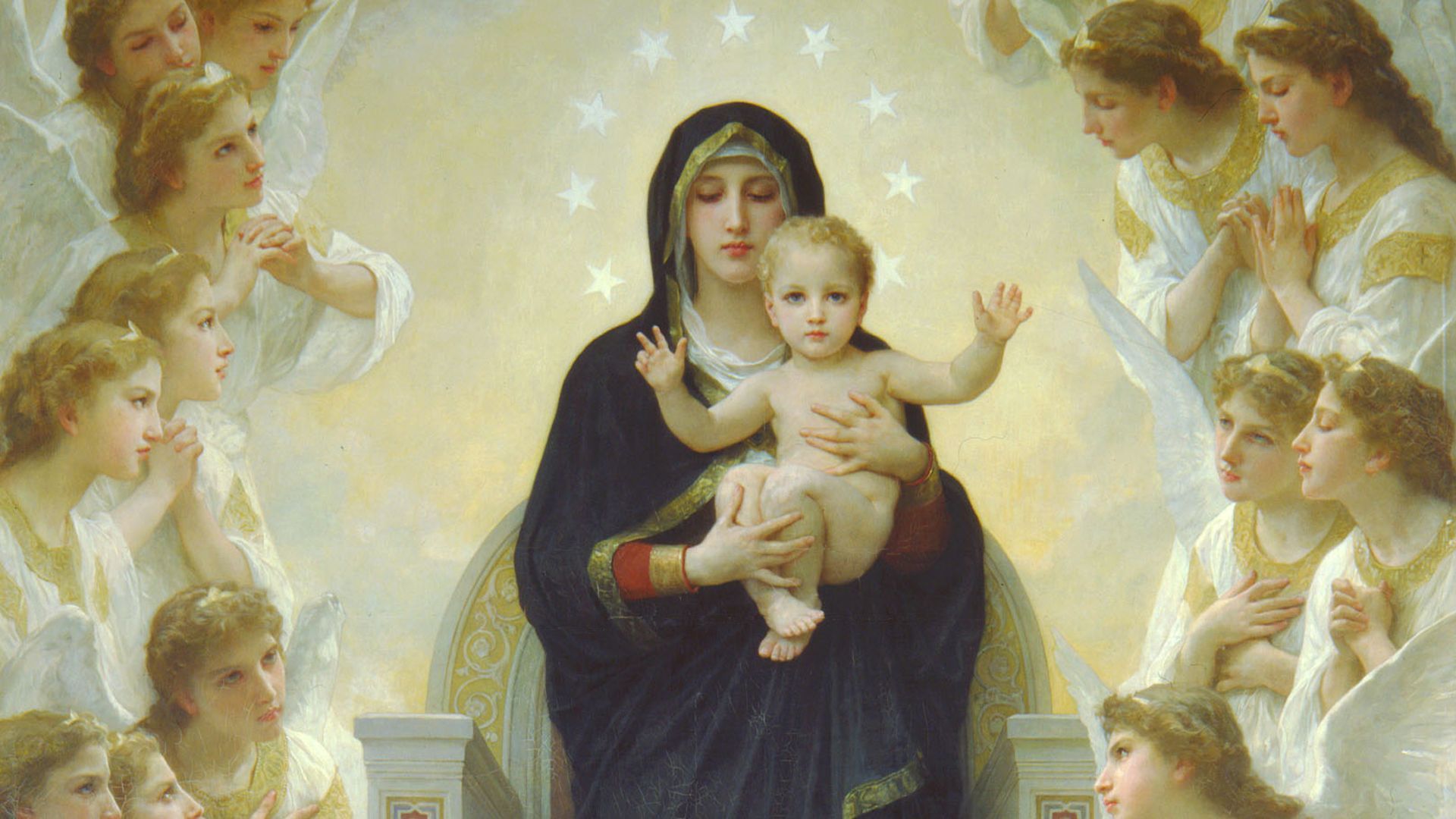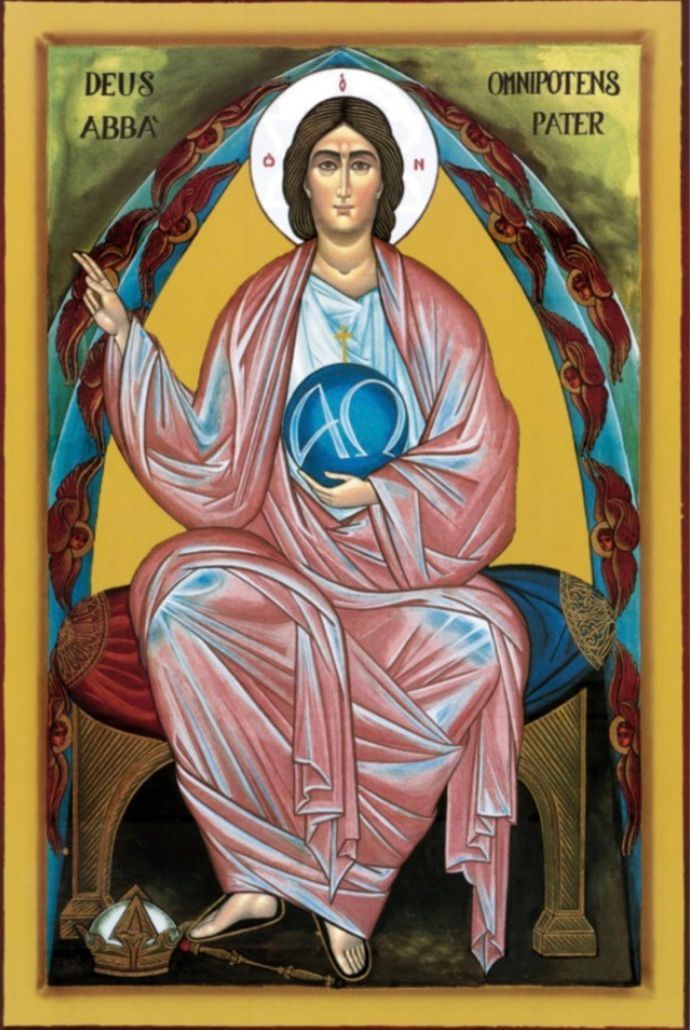
Box 4 – Making Decisions for a Good Life
(Maybe a strategy to lead about Conscience in all Nations and Religions?)
Every day we make decisions. Many of these are intuitive, not necessarily calculated reasoning : “I feel like going for a walk”; “I fancy an ice cream”; “Maybe I will phone my sister?”
This intuition, research suggests is heart-based – something of a ‘gut feeling’ – somewhere in our middle anyway. Our mind will process this idea, then agree and if possible, arrange to do it.
A common phrase across all people is to “Be good!”
But who is to know, what ‘good’ is? Certainly in any dictionary good is categorised in a long list, what it is describing – Good weather means fine weather; Good results bring success; Good research brings new findings… etc
But in regards to human behaviour, the phrase ‘Be Good!’ invariably refers to a universal code of moral behaviour, common to every Nation and Race and apparently established deep in our heart, called a Conscience.
Study of how your Conscience works in us is fascinating:
Firstly your Conscience is entirely geared around a Law of Love. When you do something unkind to someone, in your quiet moments, your conscience will cause you disquiet, even if you felt justified about your action at the time.
Similarly, when you do a kindness for some person, you feel warm and joyful afterwards.
Each of these sensations are not thoughts, but uncontrollable sensations, appearing ‘out of the blue’ as if from outside us.
Conscience has 3 timings of influence: before you perform a negative action, during and after that action:
1. Before we perform an action involving another person or persons, your conscience will loudly influence your reasoning to know if the action we are planning is good or bad, according to this Law of Love, by which it operates.
We may rationalise that this action will be okay, but we will still have doubts or second thoughts about whether we are doing the right thing.
2. As we perform the action, we are often oblivious of the moral messaging of our Conscience as we ‘push ahead’ with our self-interested plan, or ‘act on impulse’ , even against our better judgement.
3. After the event or action, your Conscience will loudly influence your inner peace and happiness. Even if we rationalised that our action was okay, out of the blue your Conscience will
4. If the action we did was against the Law of Love, by which the Conscience operates, our quiet moments will be troubled, and our peace and happiness is lost. This inner conviction is not our reasoning, but comes, often ‘out of the blue’, reminding us that we were rather rude to that waitress, or unkind to our work colleague.
If the action we did was a kindness to someone, then invariably we will feel happy and joyful afterwards, often with an inner glow of warmth, that is not from our own thoughts, but seemingly from ‘out of the blue’.
Even cruel people who have crushed their Conscience to rationalise their actions, will lose their peace and happiness, because in their quiet moments, like a relentless judge, their Conscience will surface to remind them of their actions with unease.
The Conscience is widely recognised to be the Voice of God calling you back to your peace and happiness.
This all relates to your standing before God and His unmoveable Law of Love, which He has written on the heart of every person. Ignore this Law if you choose, but it is unrelenting and will loudly influence your happiness and peace.
Jesus summarised the 10 Commandments into just two Great Commandments:
1. Love God – if you love Me you will obey My Commandments
2. and Love your neighbour - Treat other people as you would like to be treated.
And so, that explains why we feel bad if we are mean to someone, and happy if we are kind. God is not up on a cloud somewhere, He is closely involved in your life and your thoughts.
‘My sheep hear My voice’
For a person to ‘form their Conscience’ describes the formation of values that a person accepts for themselves and their future conduct.
However, this phrase is misleading, since the ‘good’ values of the Conscience do not change – you just decide if you will conform to it’s values, bringing happiness and a ‘clear Conscience’, or if you ignore the vales of our Conscience, you will lose your peace and happiness in our quiet moments.
The formation of your value structure, by which you walk through life, will seriously influence your happiness, as you choose pain or pleasure from your Conscience operating deep in your heart.
‘Peace to men of good will’ …
‘There is no peace, says the Lord, for the wicked’
Since we are considering decision making, the Church has long recognised another function of this inner guiding force, deep in our hearts, as discernment for understanding God’s plan for us, when our options are not simple – using consolation and desolation.
Although extreme words, these refer to the vague impression of peace and positivity (consolation), when we are praying for God’s guidance, and deciding on something which God desires that we do; whereas if we feel uneasy, disquieted and not peaceful (desolation) about that same decision, then probably God does not desire that we do that action.
Also in a situation of making decisions, the counsel of others is often very useful: When others offer advice, you may also feel vaguely positive or negative regarding their advice, as your heart may guide you. Again, we need to pray, asking God for guidance – then listen.




